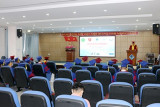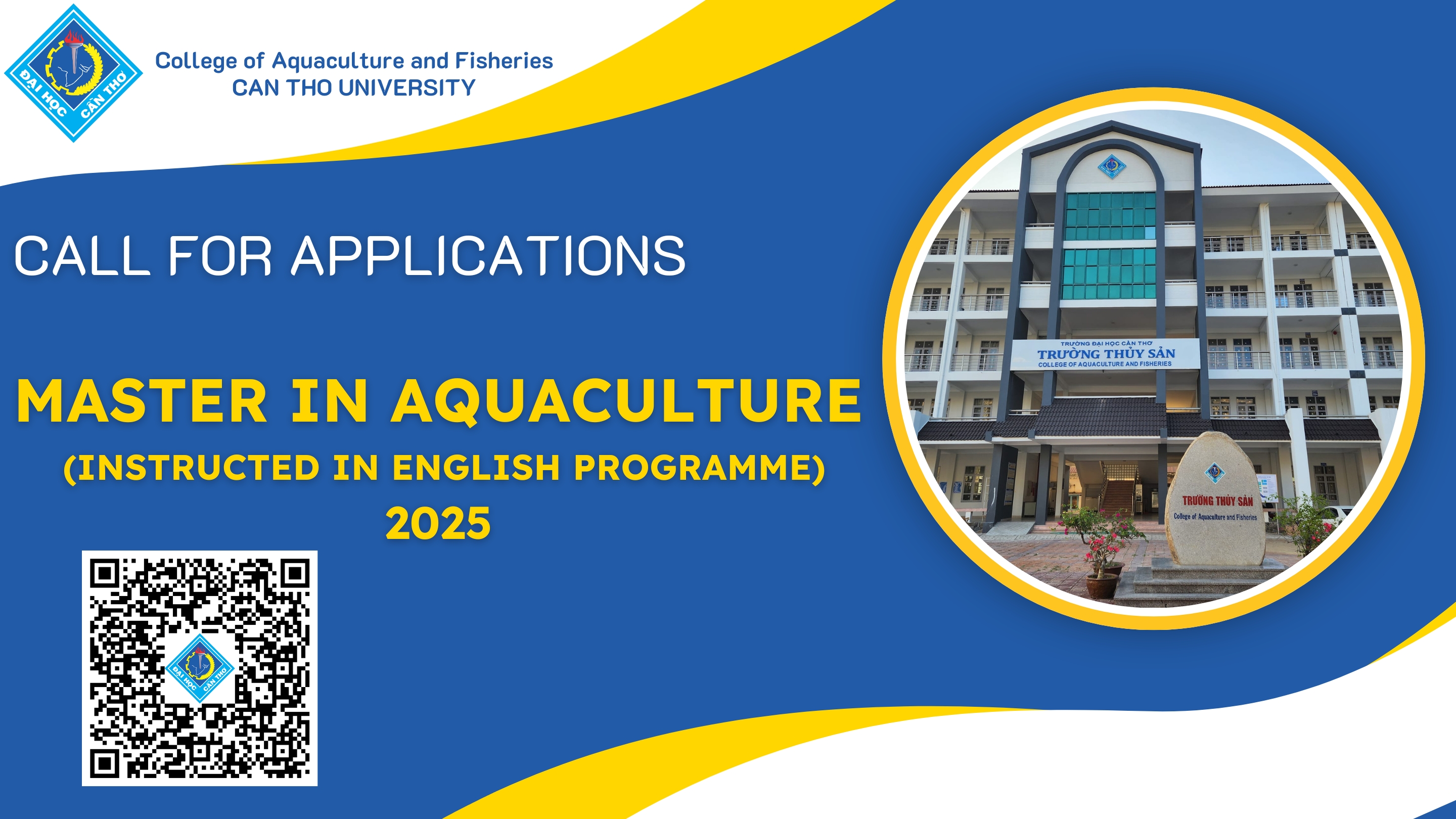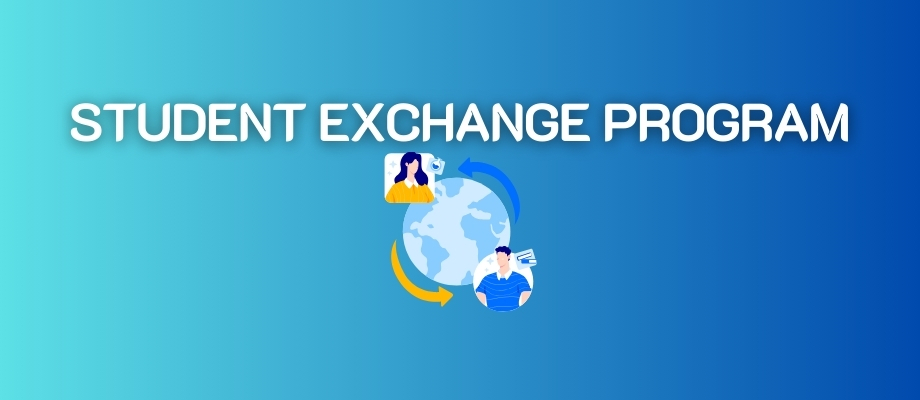SEAT
PROJECT INFORMATION
|
Project Title |
Sustaining Ethical Aquaculture Trade (SEAT) |
|
Project Partners |
Asia: Shanghai Ocean University, Can Tho University, Kasetsart University, Bangladesh Agricultural University, EU: University of Stirling, Cefas, University of Copenhagen, Wageningen University, Institute of Environmental Sciences, University of Bergen, Danish Institute for International Studies International: The WorldFish Center, FAO |
|
Funding Sponsor |
EU, Seventh Framework Programme |
|
Budget (EU) |
230,687.00 |
|
Project Coordinator |
Professor, Dr. Dave Little |
|
Local Coordinator |
Assoc. Prof., Dr. Nguyen Thanh Phuong |
|
Project Period |
3.5 years: From 6/2010 to 12/2013 |
|
Overall Objective |
Current EU policy supporting international trade between Asia and Europe concentrates on issues of food safety as measures of quality, whilst market-forces drive development of standards and labels that identify social and environmental parameters. This project proposes to establish an evidence-based framework to support current and future stakeholder dialogues organised by a third party certifier. This will contribute to harmonising standards, helping consumers to make fully informed choices with regards to the sustainability and safety of their seafood. |
|
Specific Objectives |
Research outputs will provide the evidence-base for the creation of an ‘Ethical Aquatic Food Index’ (EAFI). This key project outcome will be used to disseminate complex project findings to the wider public in a concise and understandable way. Collaboration will also take place with European and Asian small and medium scale-enterprises (SMEs) to address specific sustainability questions. |
|
Activities |
|
|
Expected Outputs
|
n VIETNAM: 2 Ph.Ds and 5 Masters |
|
Project websites |
http://seat.ctu.edu.vn/en or http://seatglobal.eu/ |
-
Graduation Ceremony for International Masters in Aquaculture - 4th Cohort
 Graduation Ceremony for International Masters in Aquaculture - 4th Cohort On October 23rd, 2021, Can Tho University (CTU) solemnly held a Graduation Ceremony for International Masters in Aquaculture - Fourth Cohort. Attending the ceremony were Prof....
Graduation Ceremony for International Masters in Aquaculture - 4th Cohort On October 23rd, 2021, Can Tho University (CTU) solemnly held a Graduation Ceremony for International Masters in Aquaculture - Fourth Cohort. Attending the ceremony were Prof.... -
Graduation Ceremony for International Masters in Aquaculture - 3rd Cohort
On September 15th, 2020, Can Tho University (CTU) solemnly held a ceremony to award international master degree in Aquaculture for the third batch. Attending the Ceremony were the Rector Board, leaders representatives of the CTU's units, new graduate...
-
National conference on Aquaculture and Fisheries Sciences 2019
 National conference on Aquaculture and Fisheries Sciences 2019 As of activities of the Can Tho University Improvement Project (2017-2022) supported by JICA, and as annual conference of the university, Can Tho University organizes the “National Confer...
National conference on Aquaculture and Fisheries Sciences 2019 As of activities of the Can Tho University Improvement Project (2017-2022) supported by JICA, and as annual conference of the university, Can Tho University organizes the “National Confer...
- Announcement and call for abstracts for the International Fisheries Symposium – IFS 2016
- Can Tho University successfully hosted the international symposium on “Aquatic products processing: Cleaner Production Chain for Healthier Food”
- Faculties and Students of CAF actively attend IFS 2015 in Penang Malaysia


